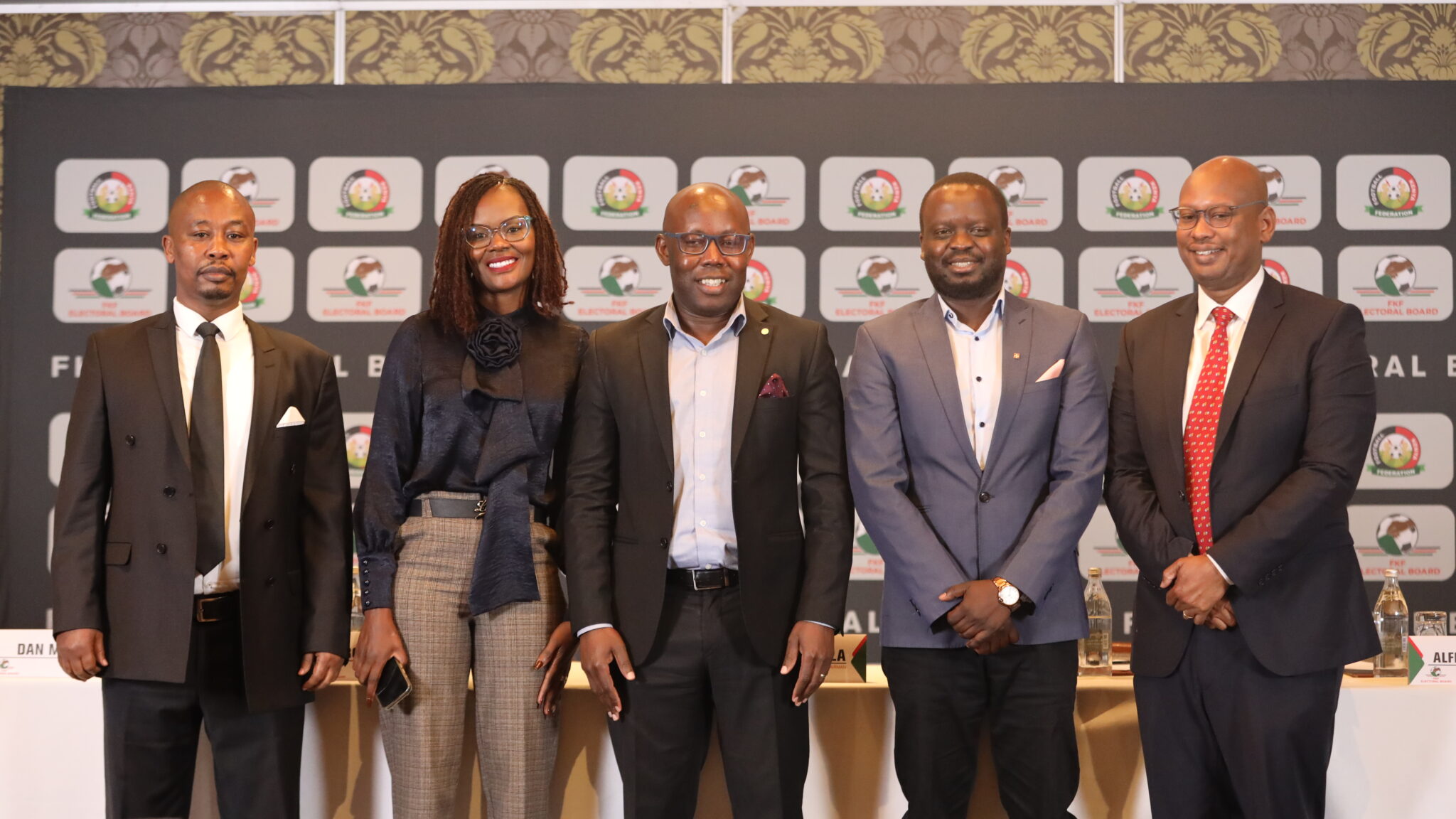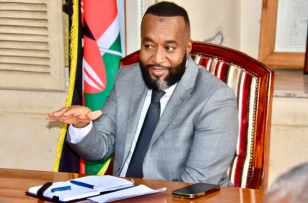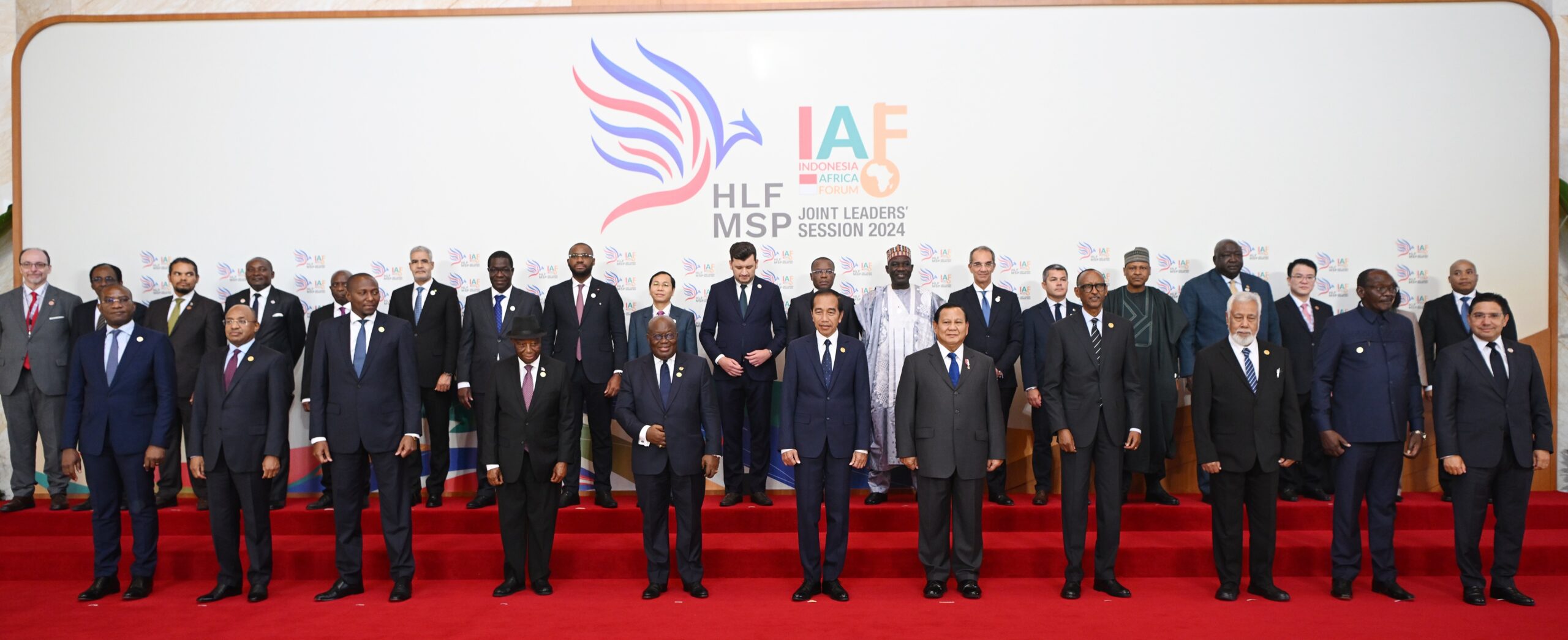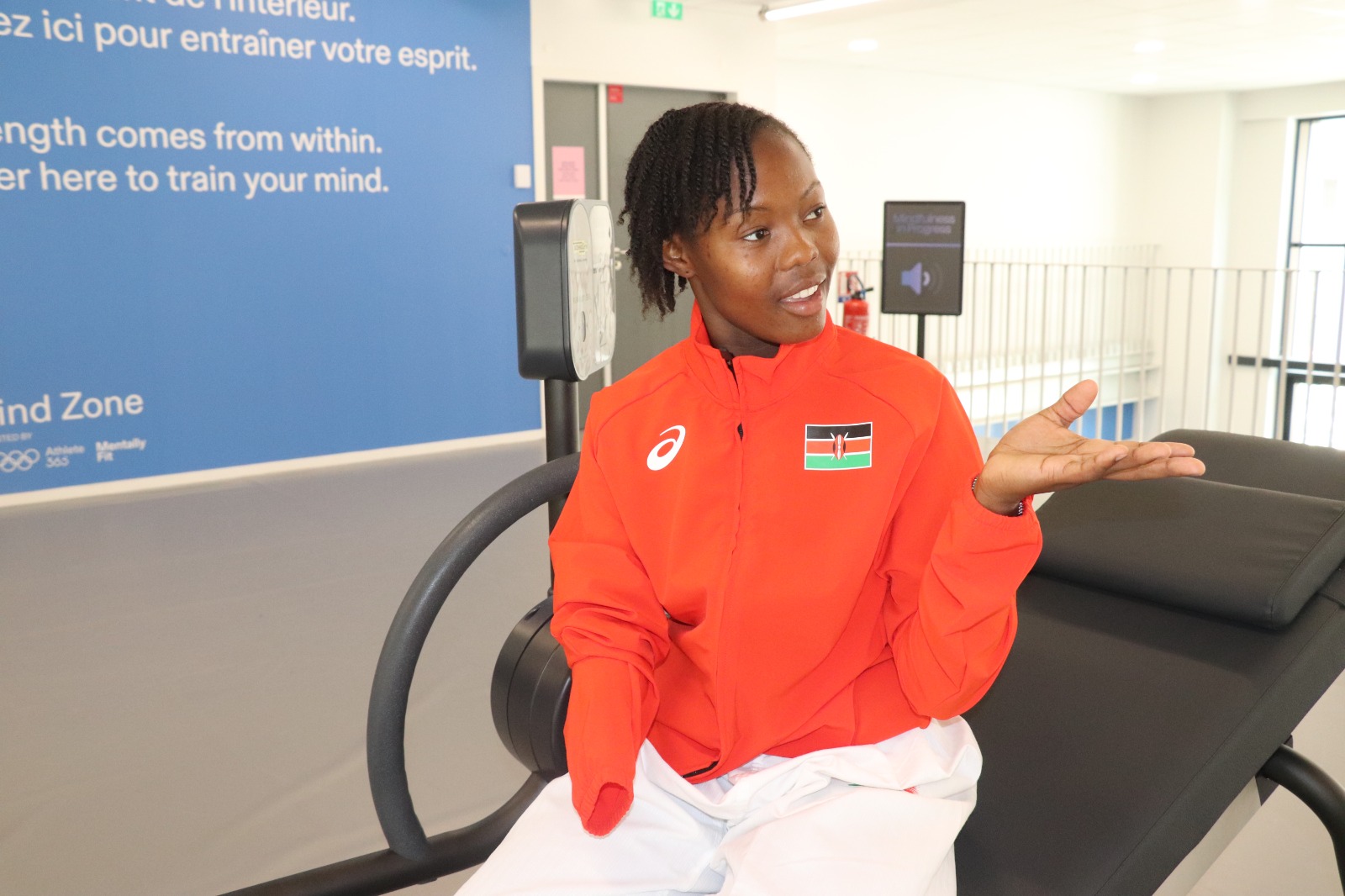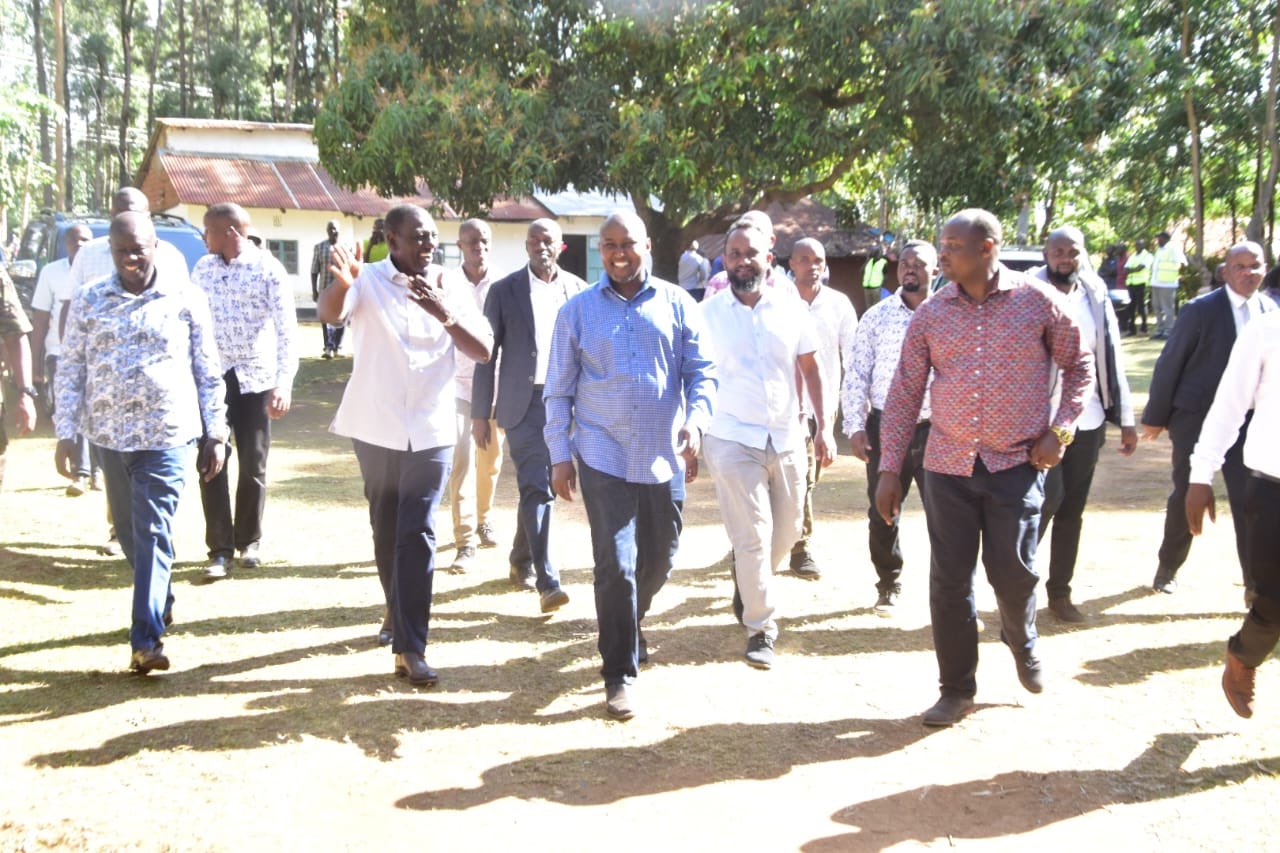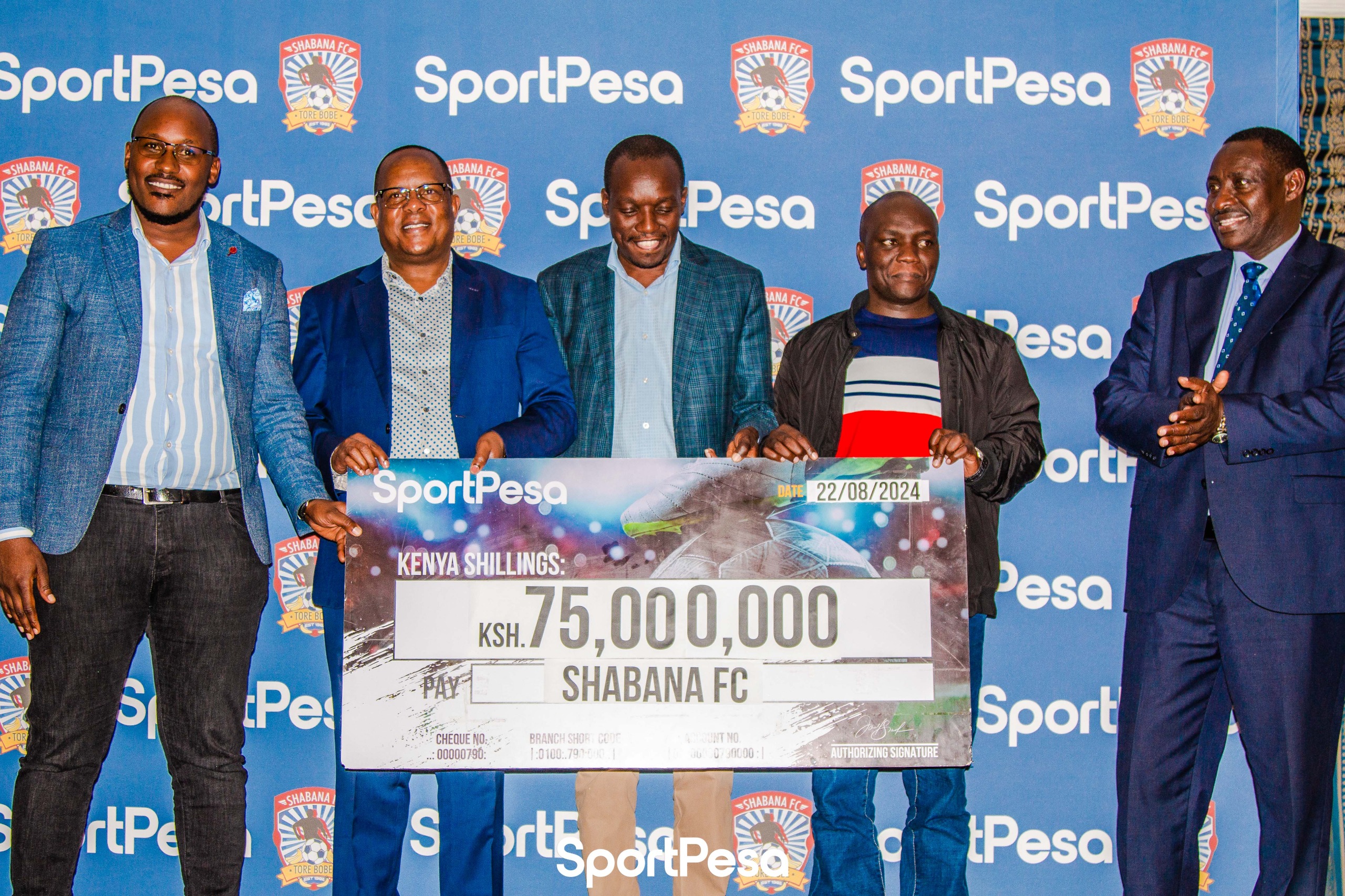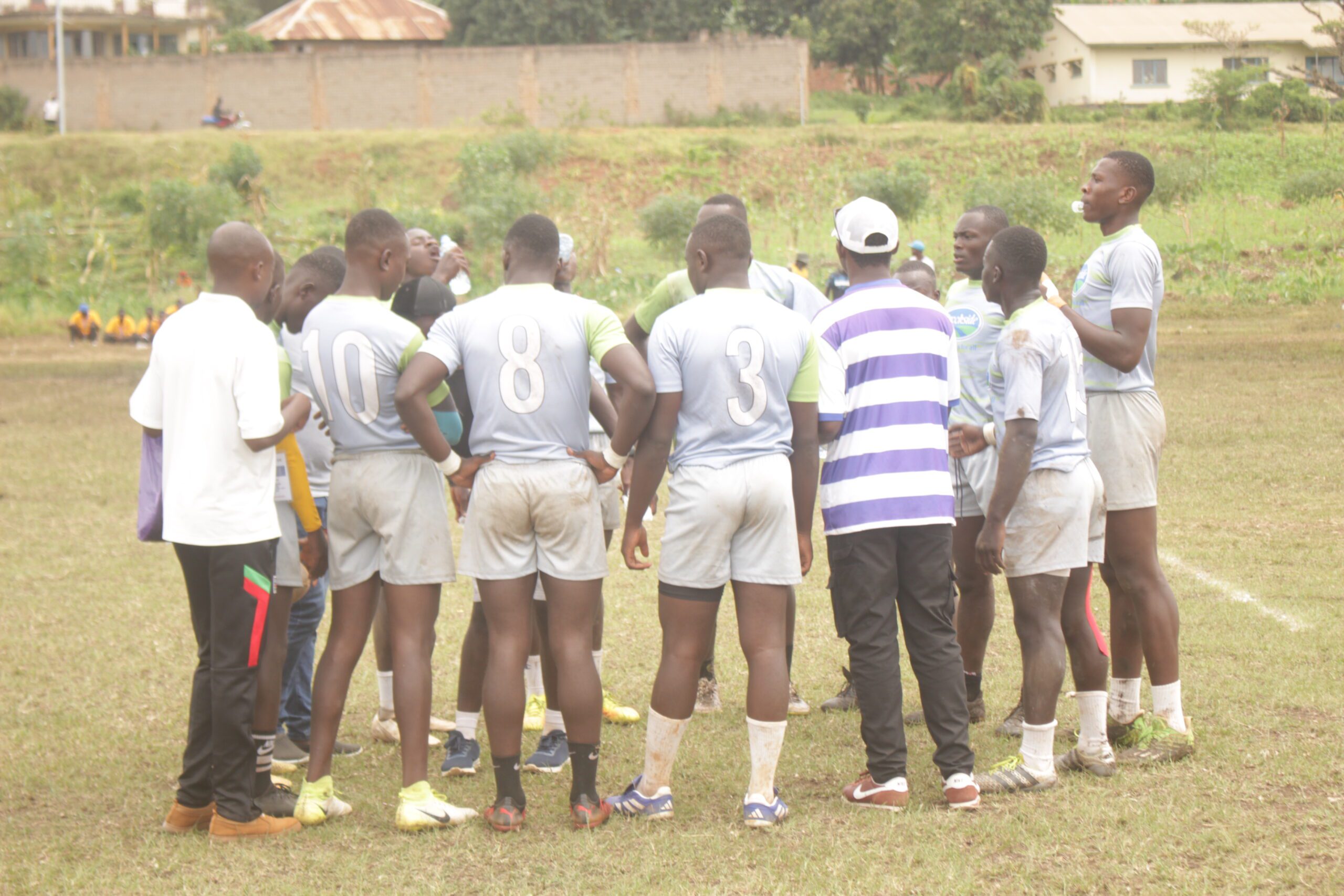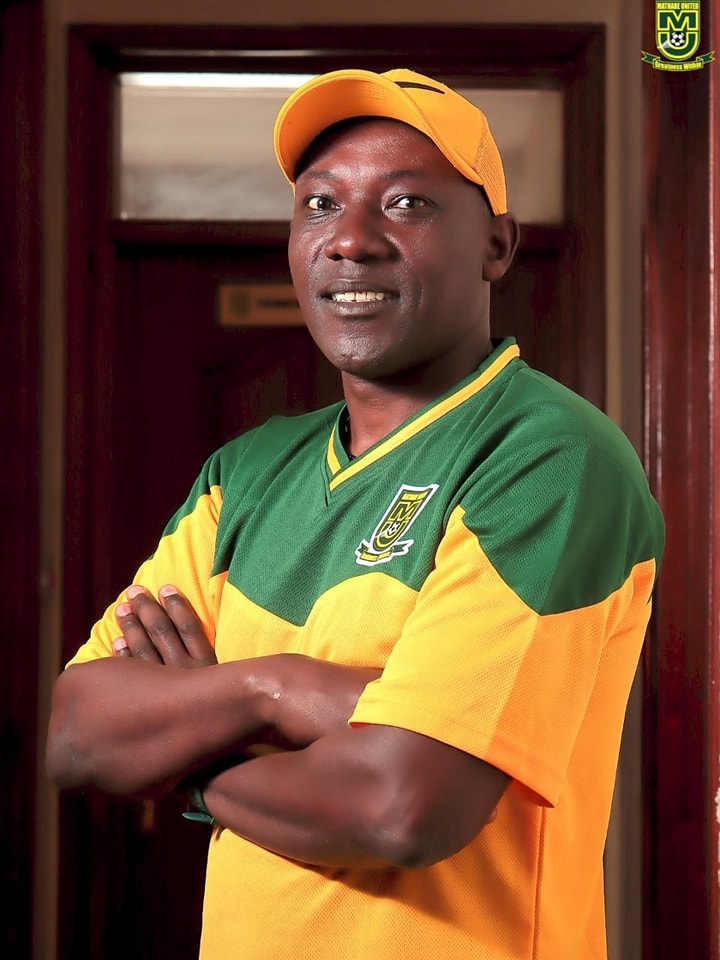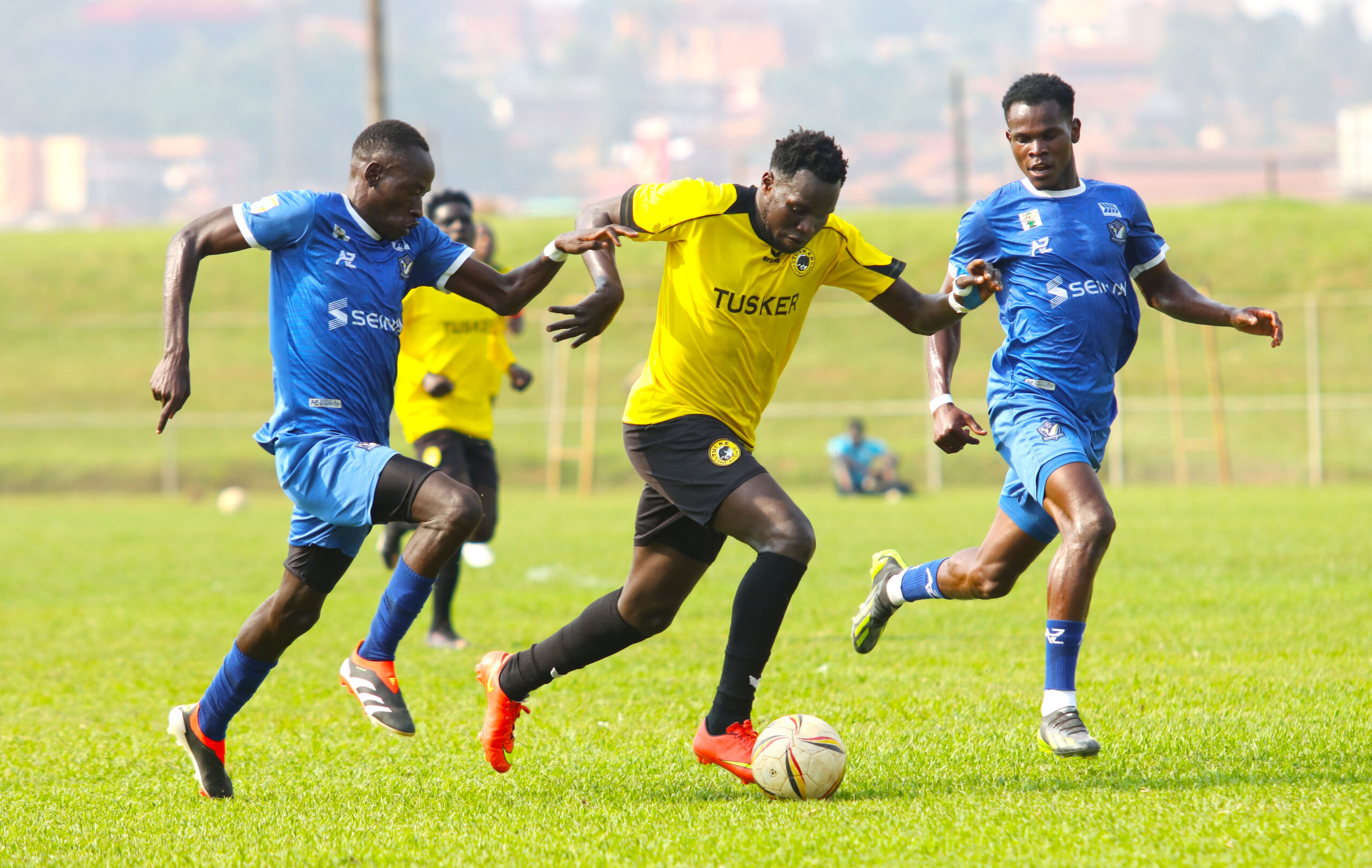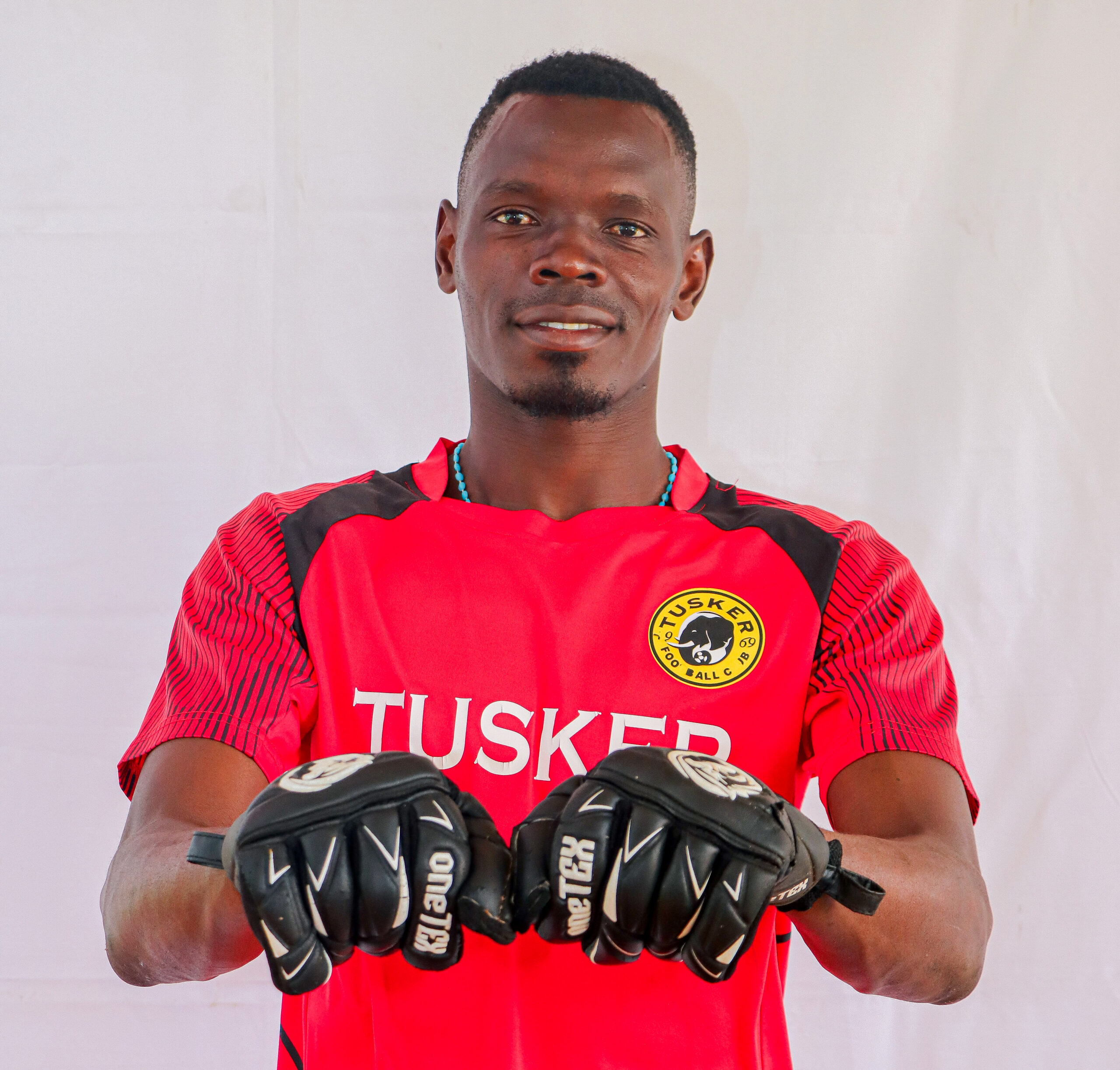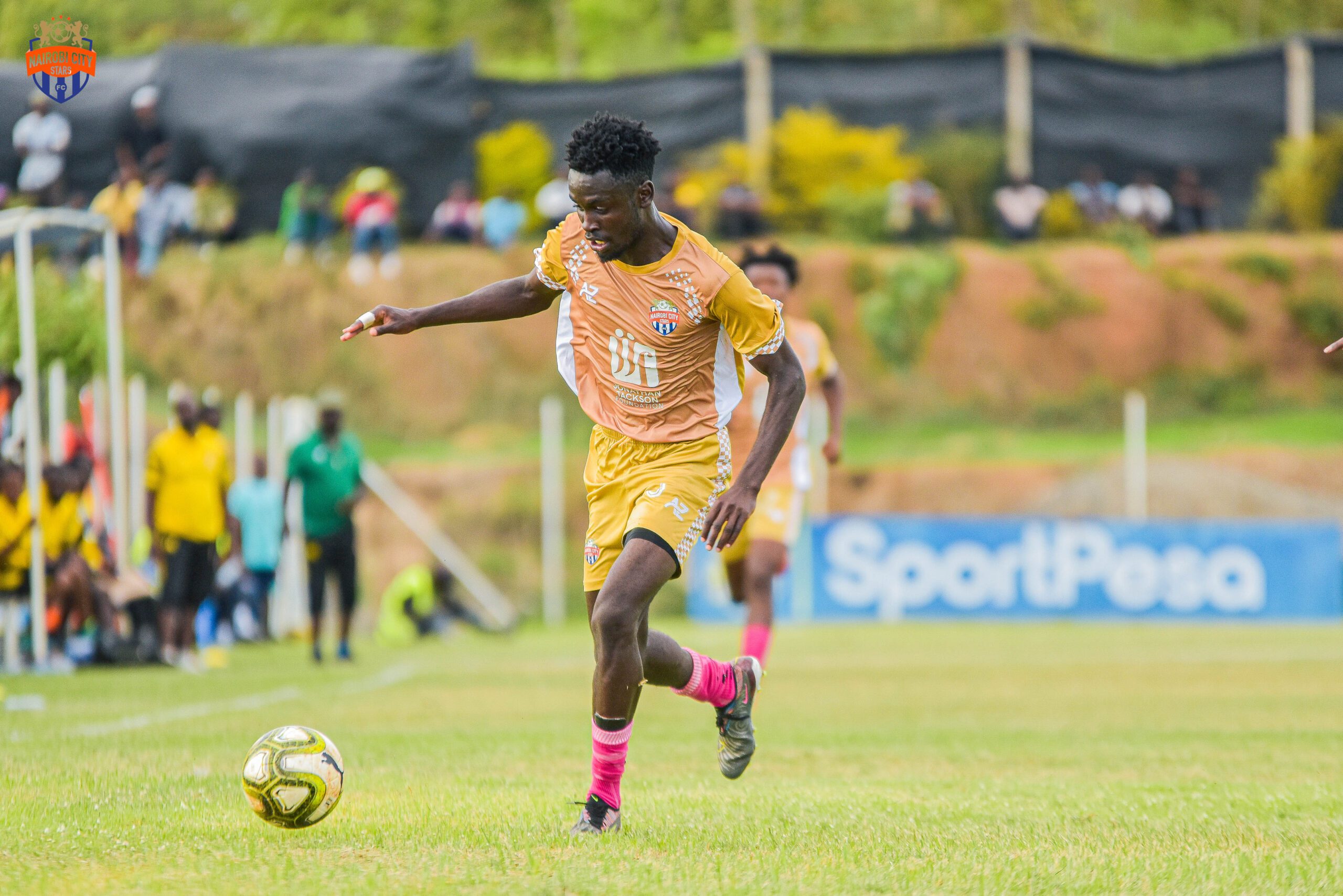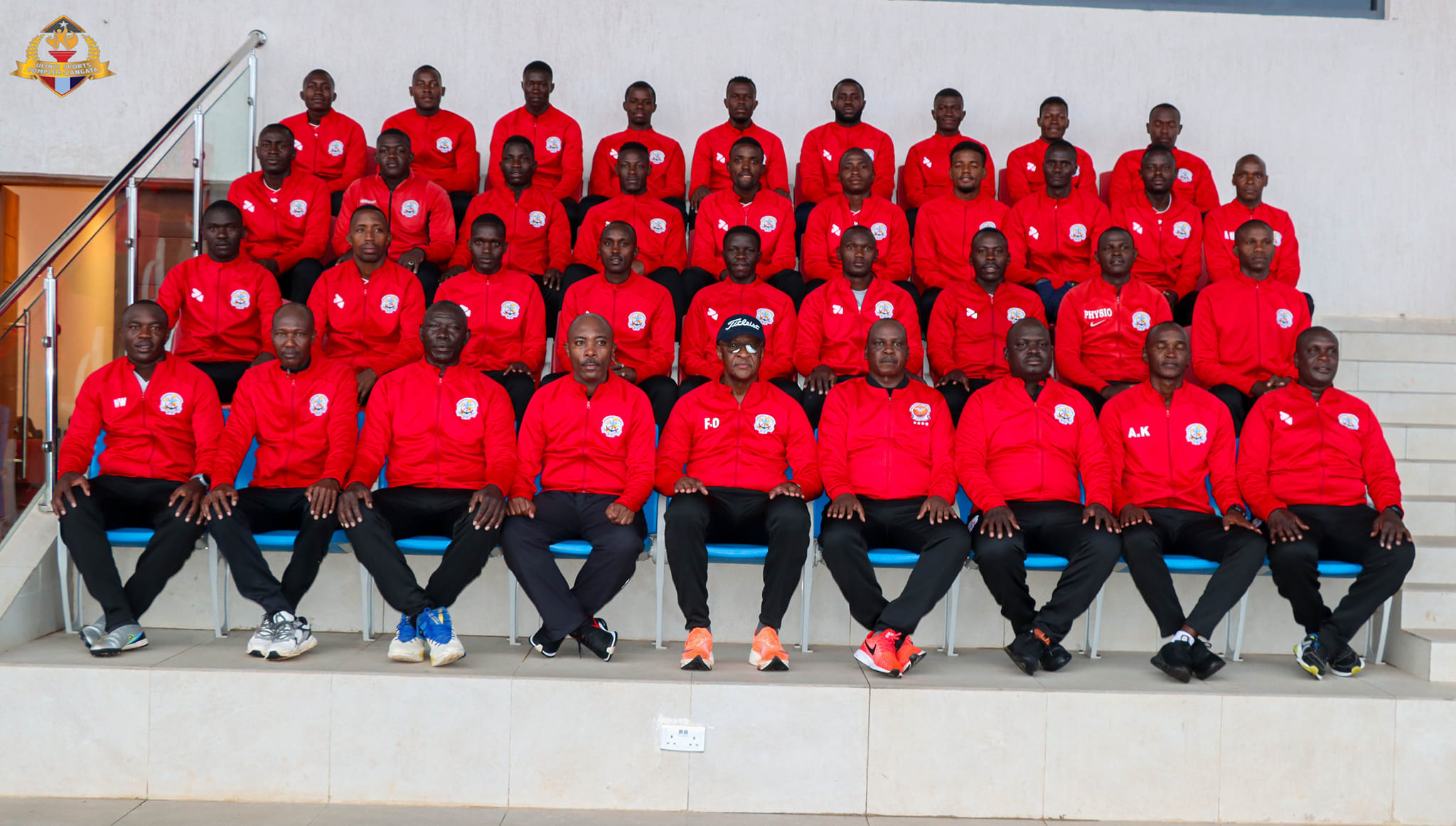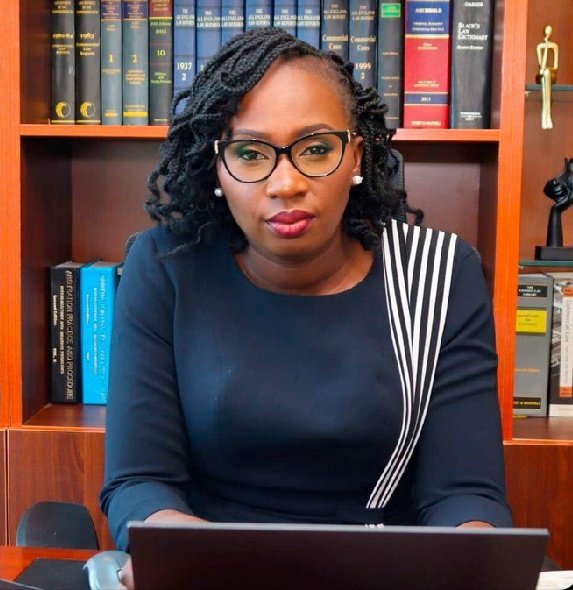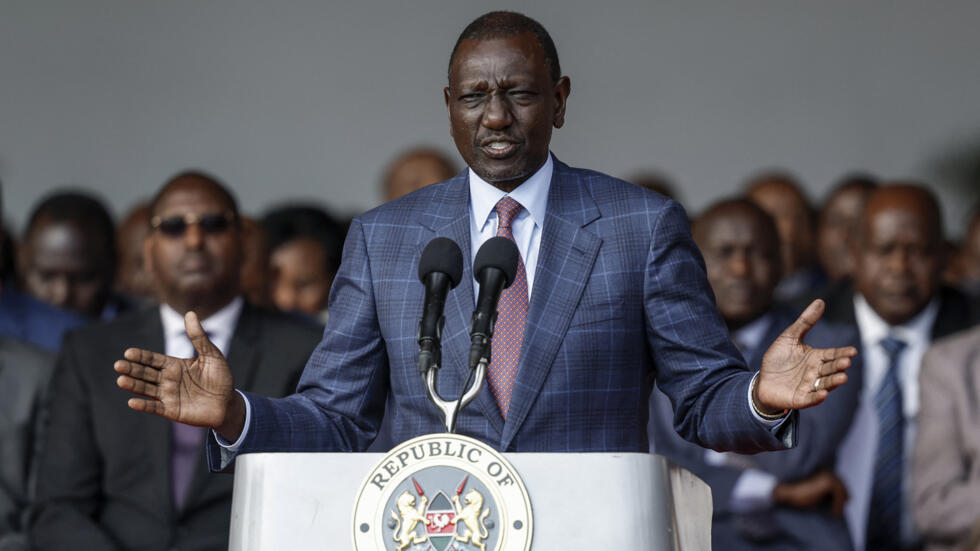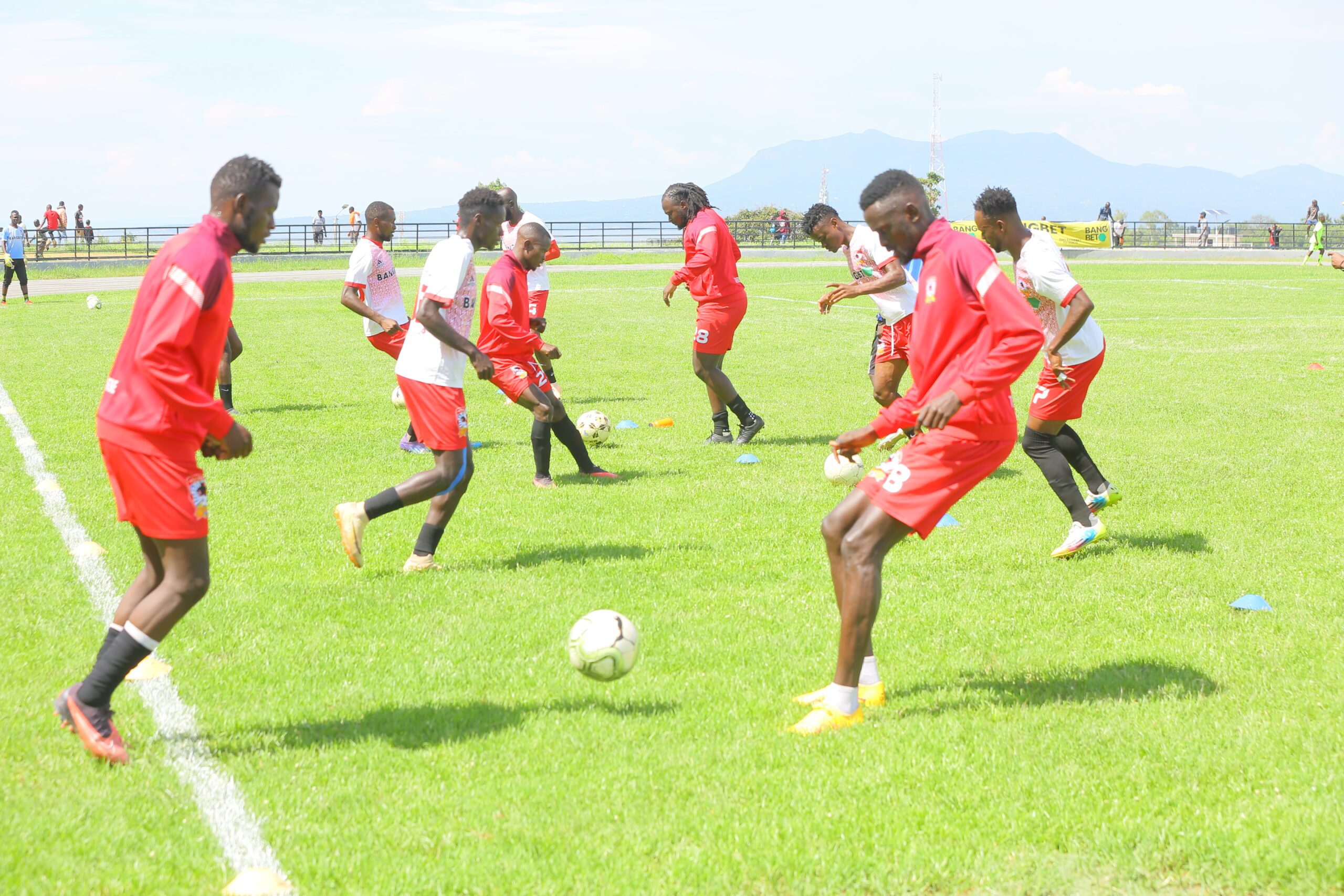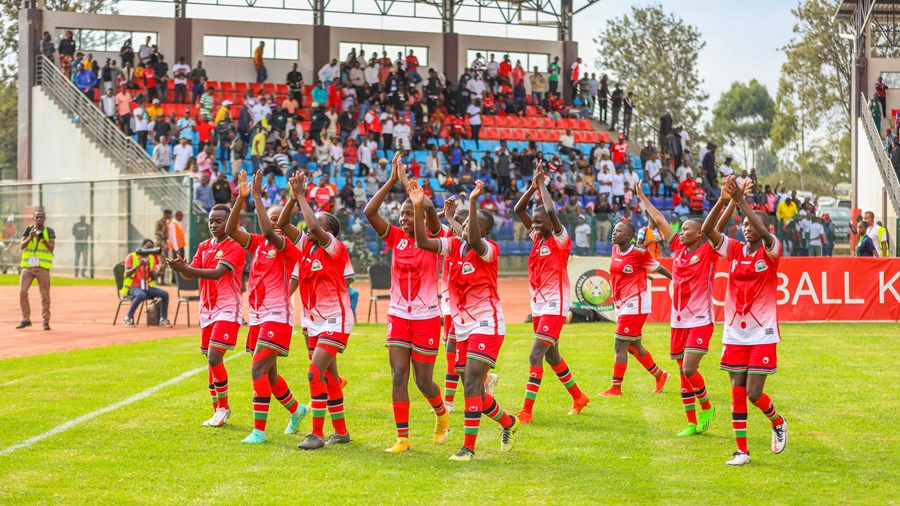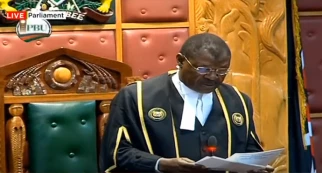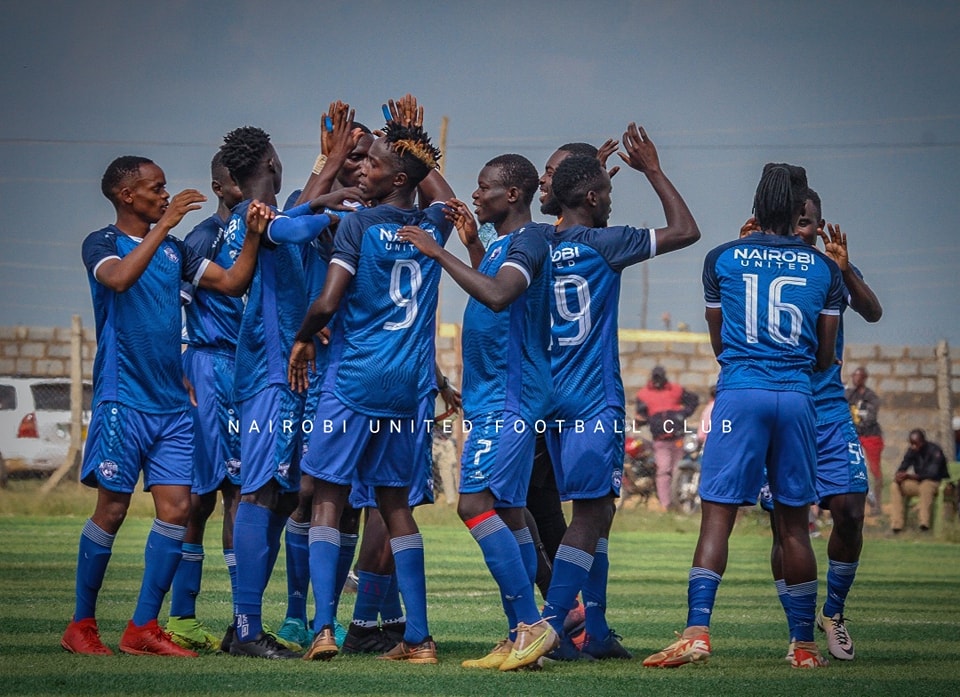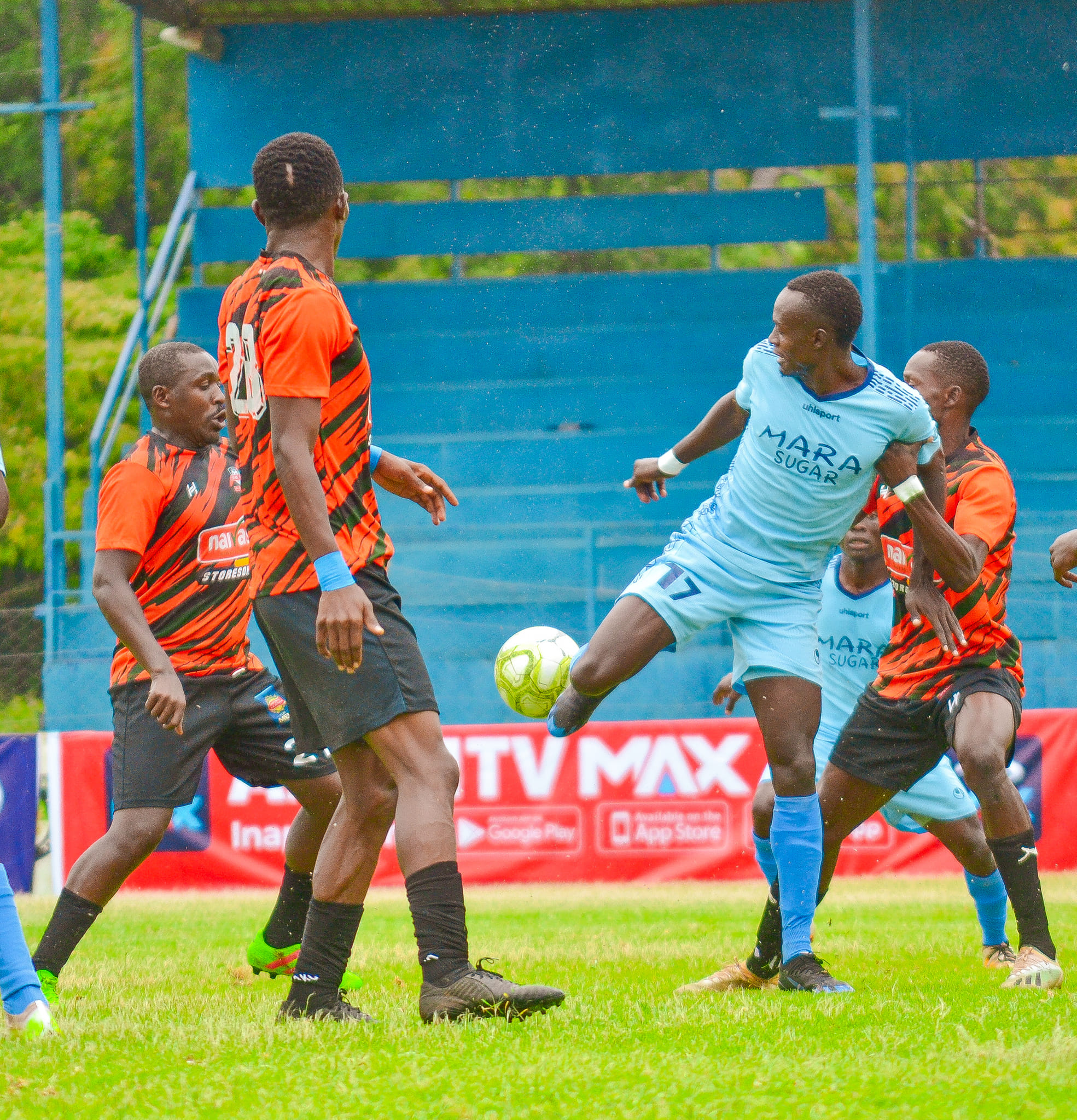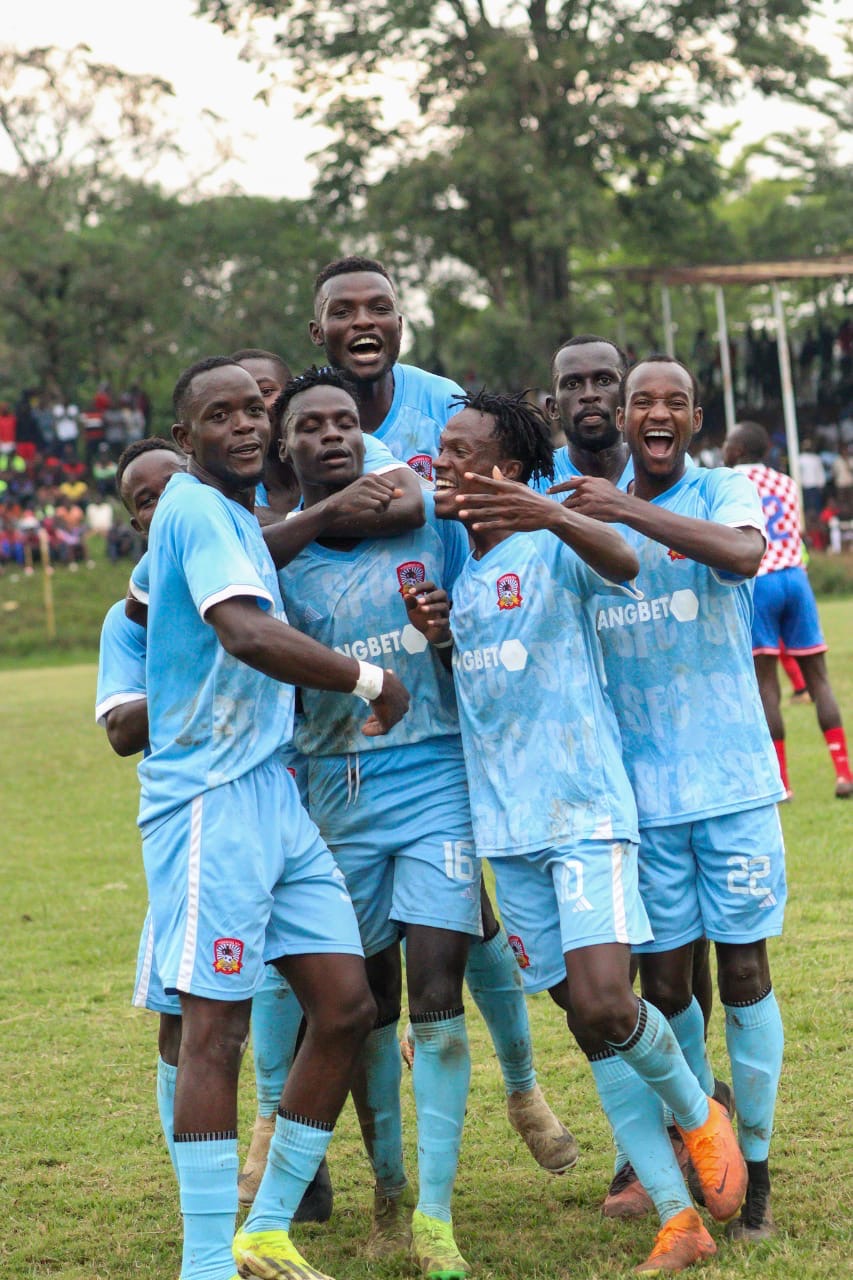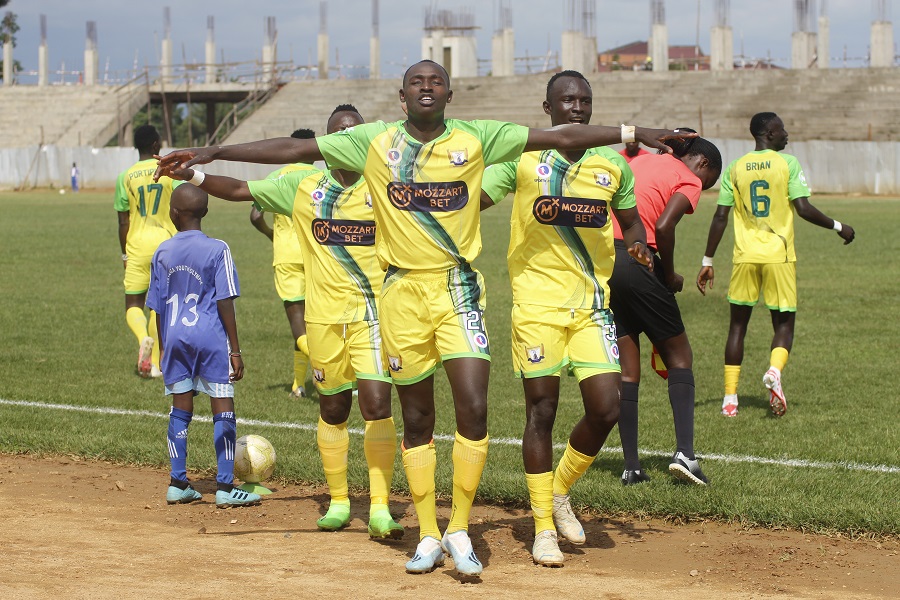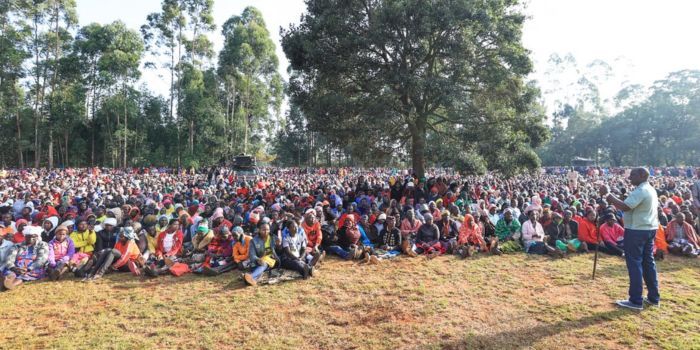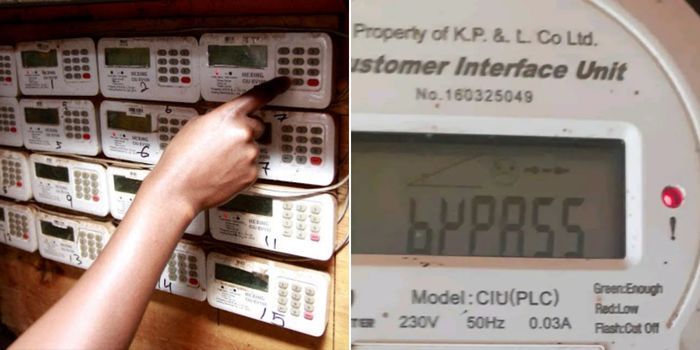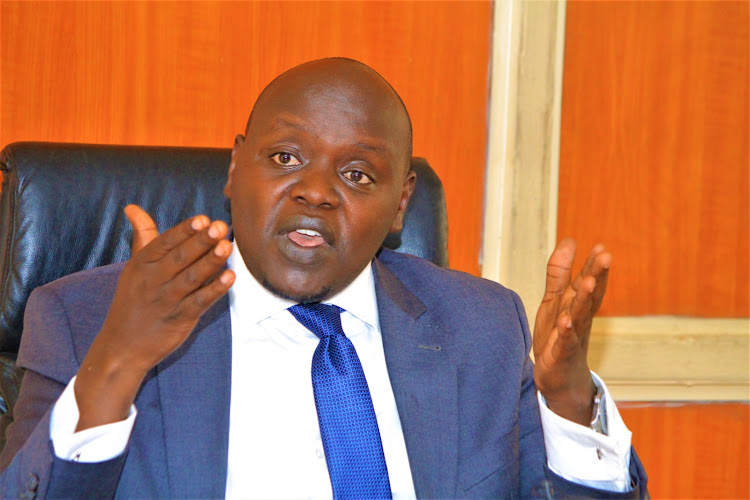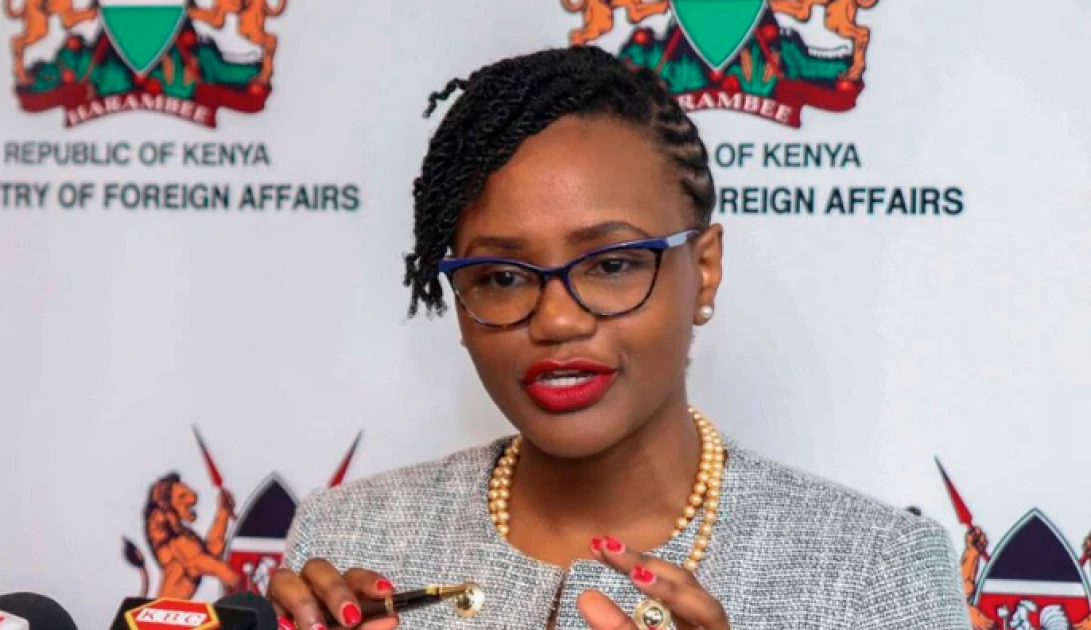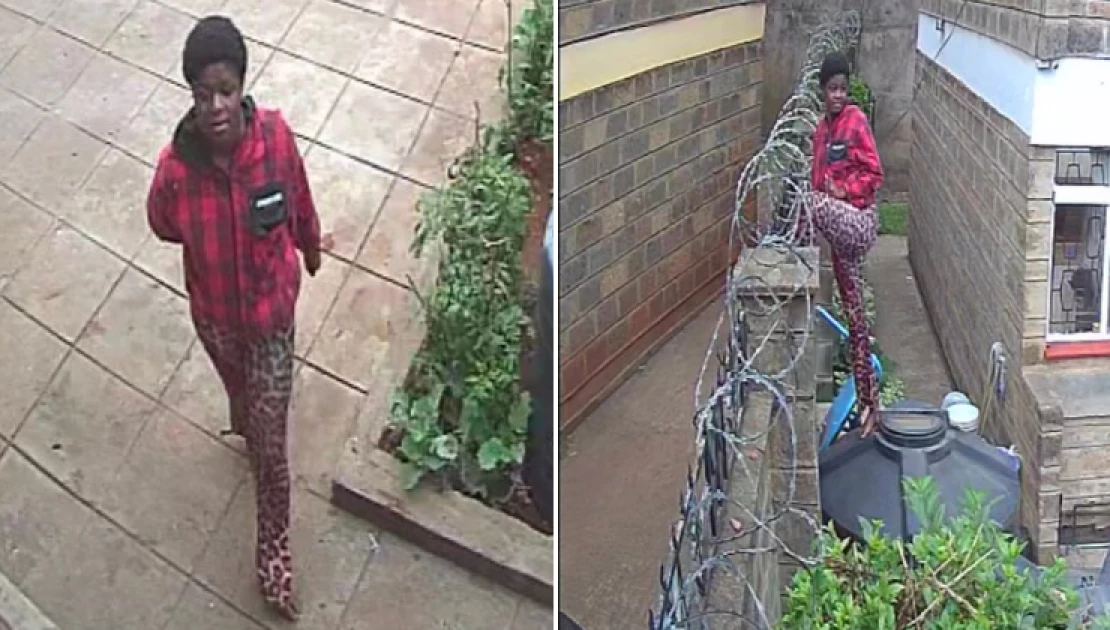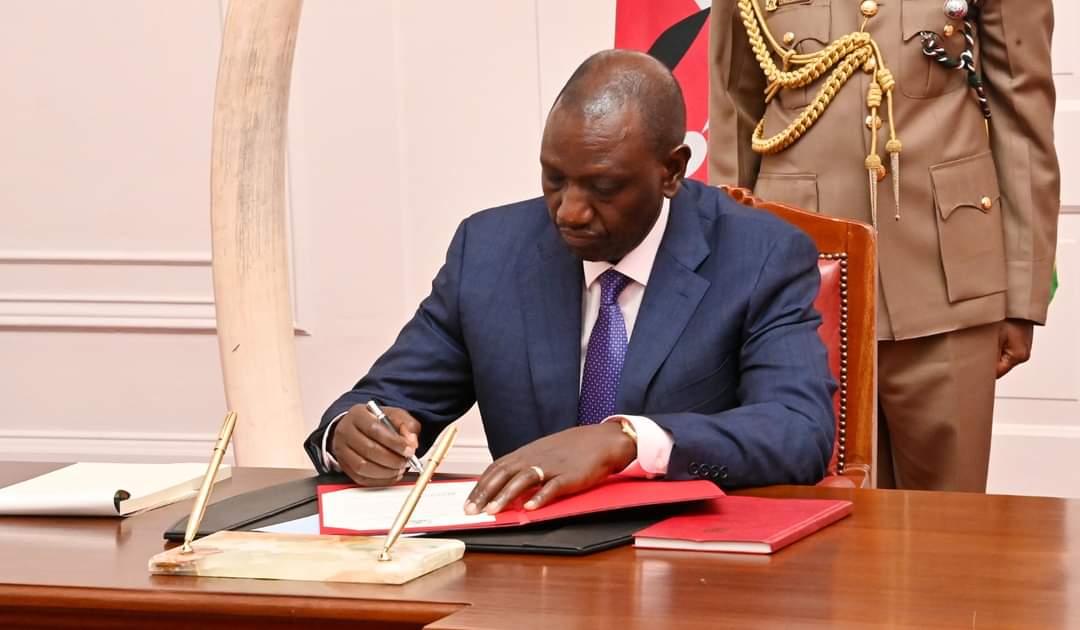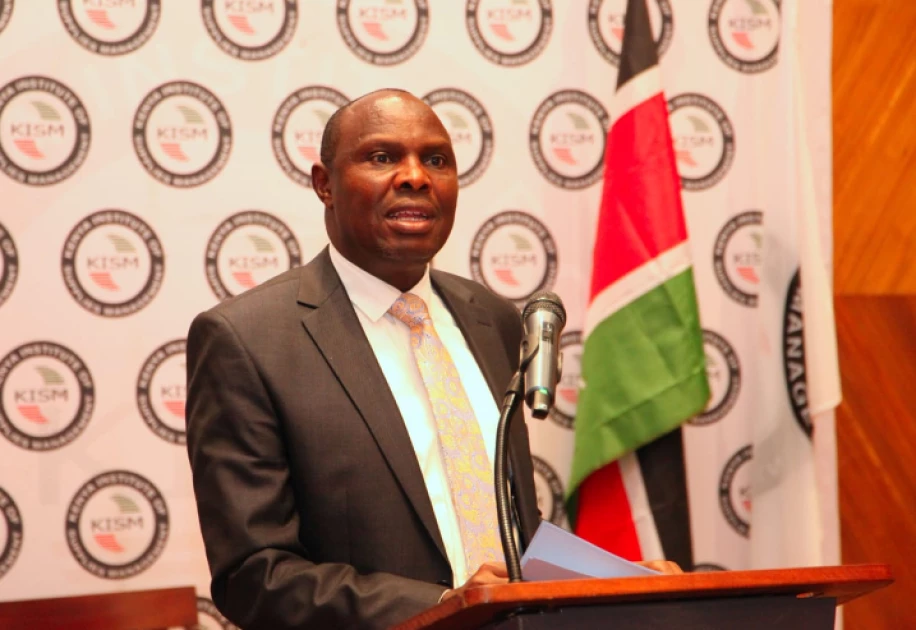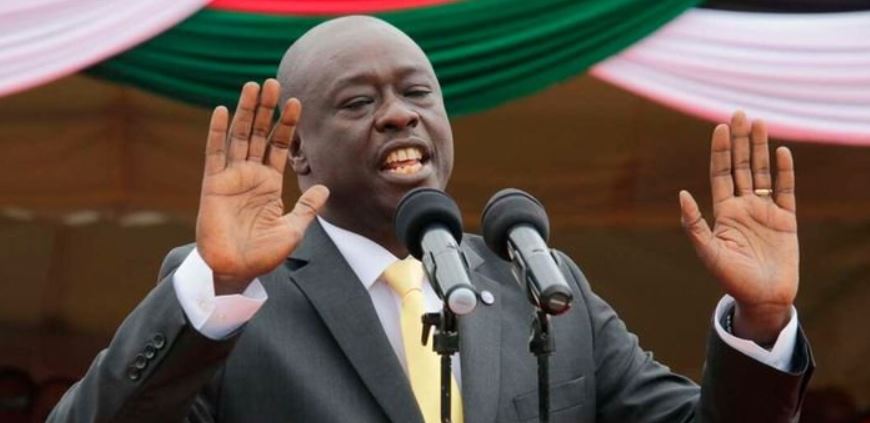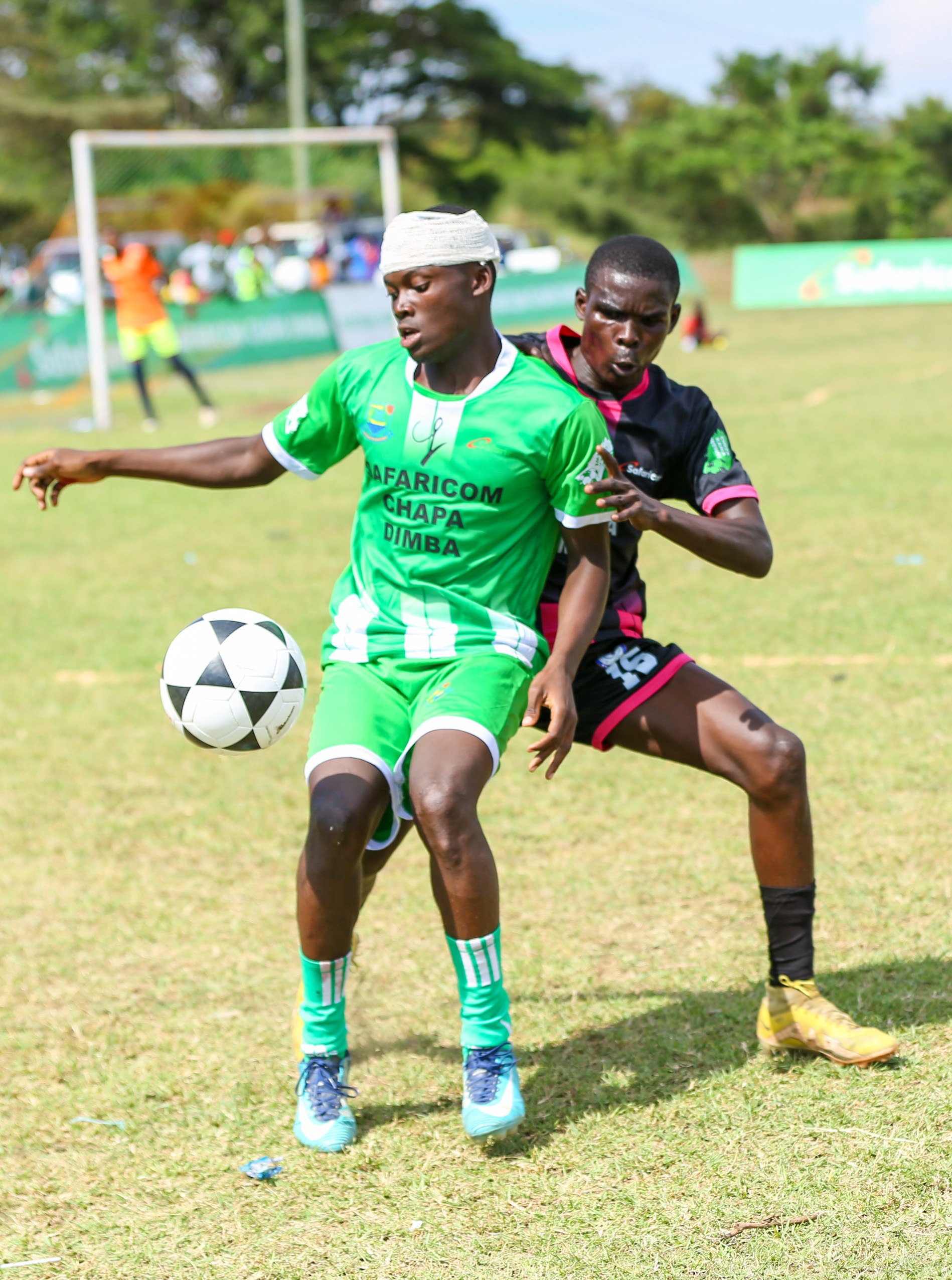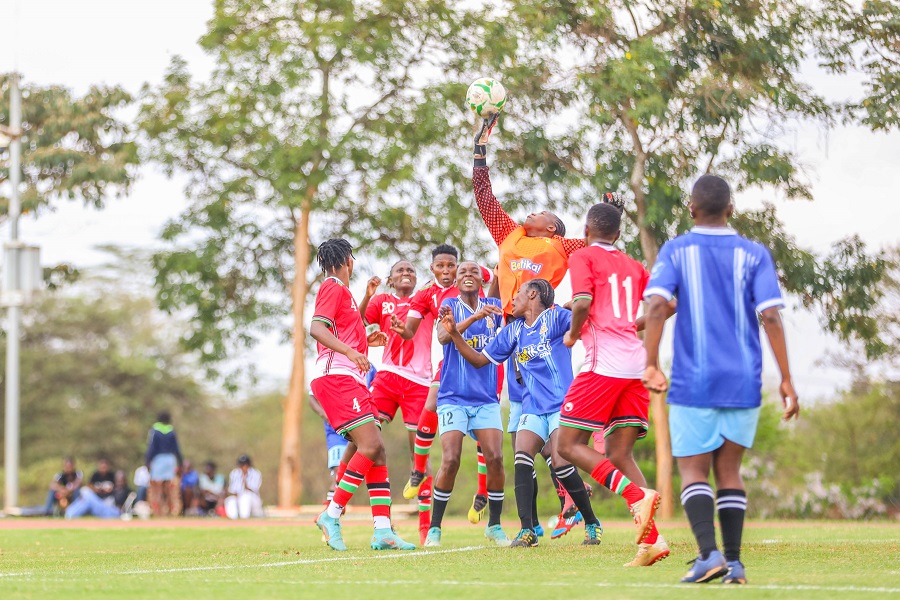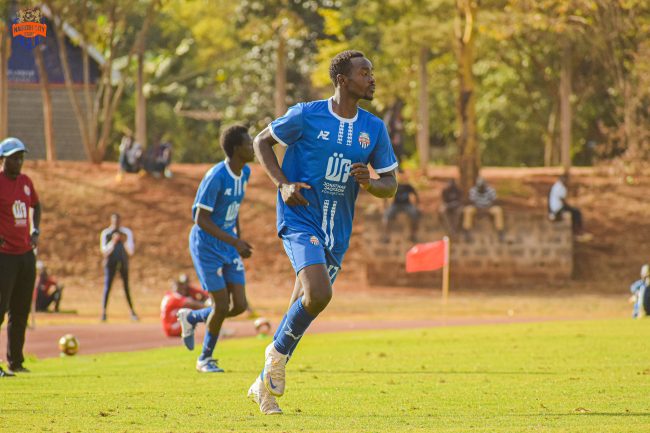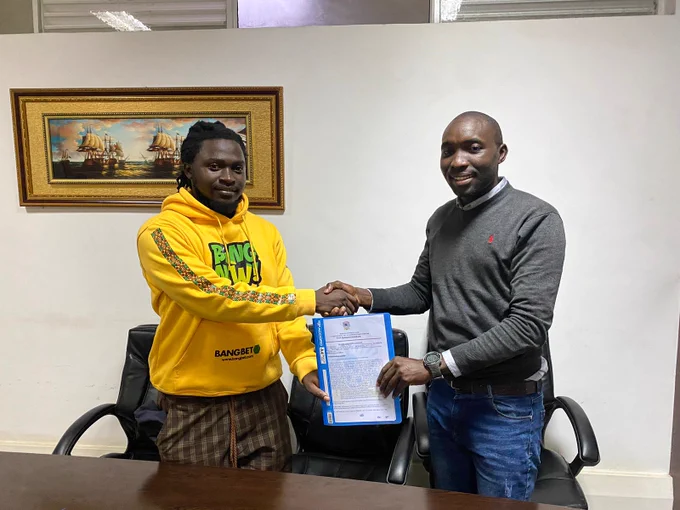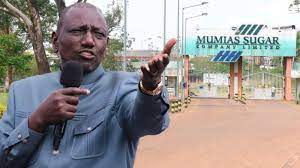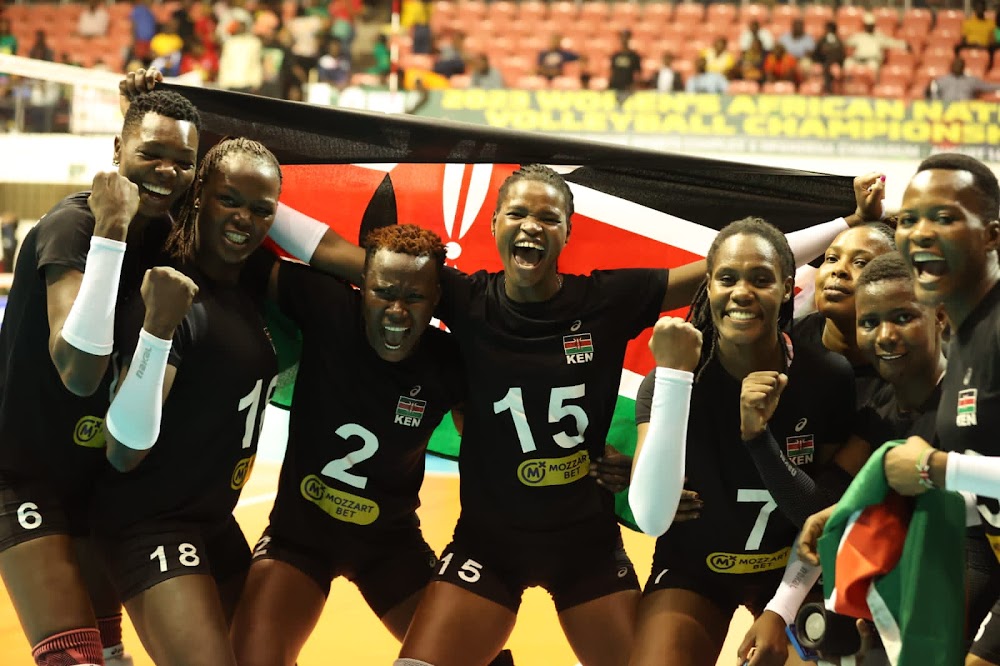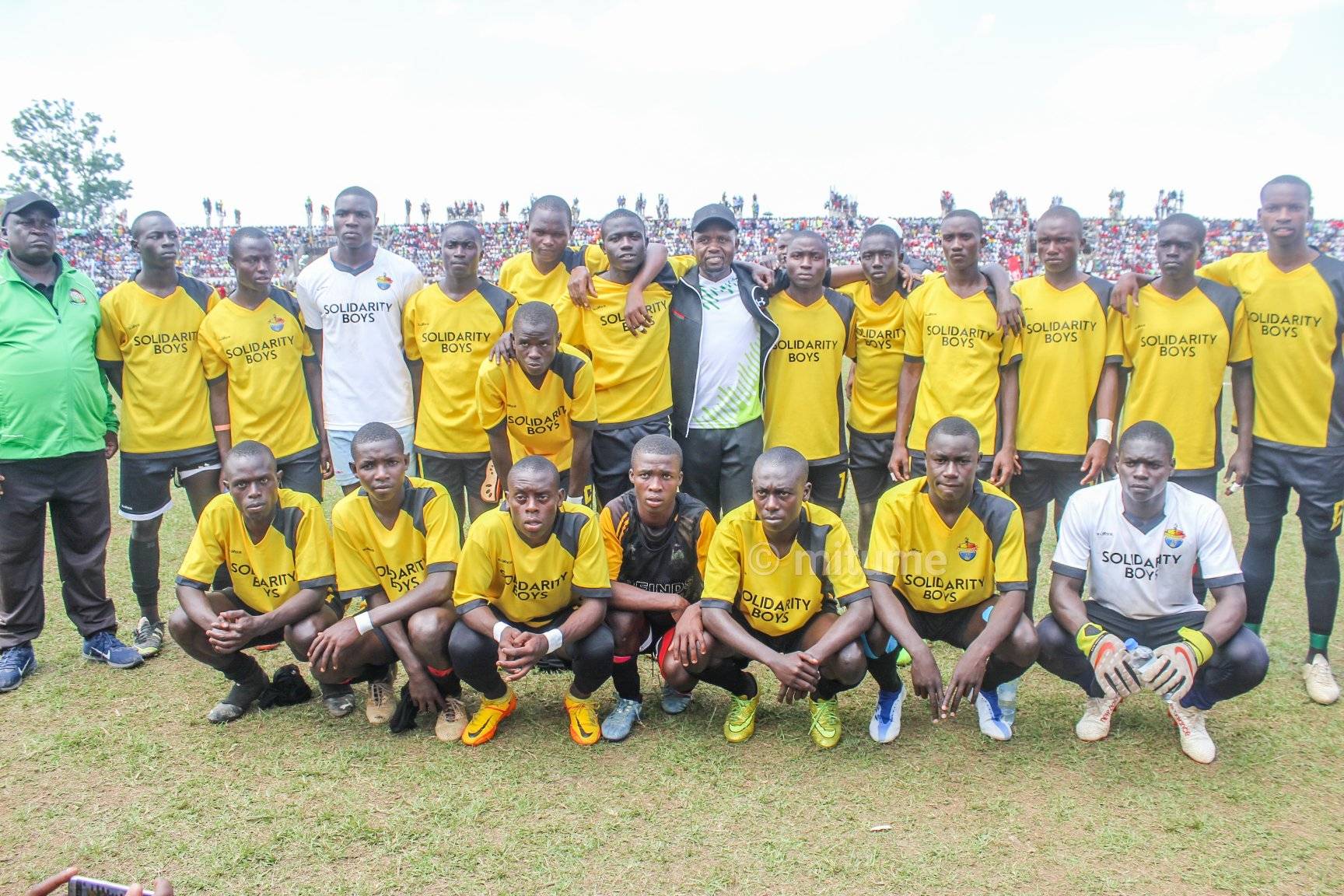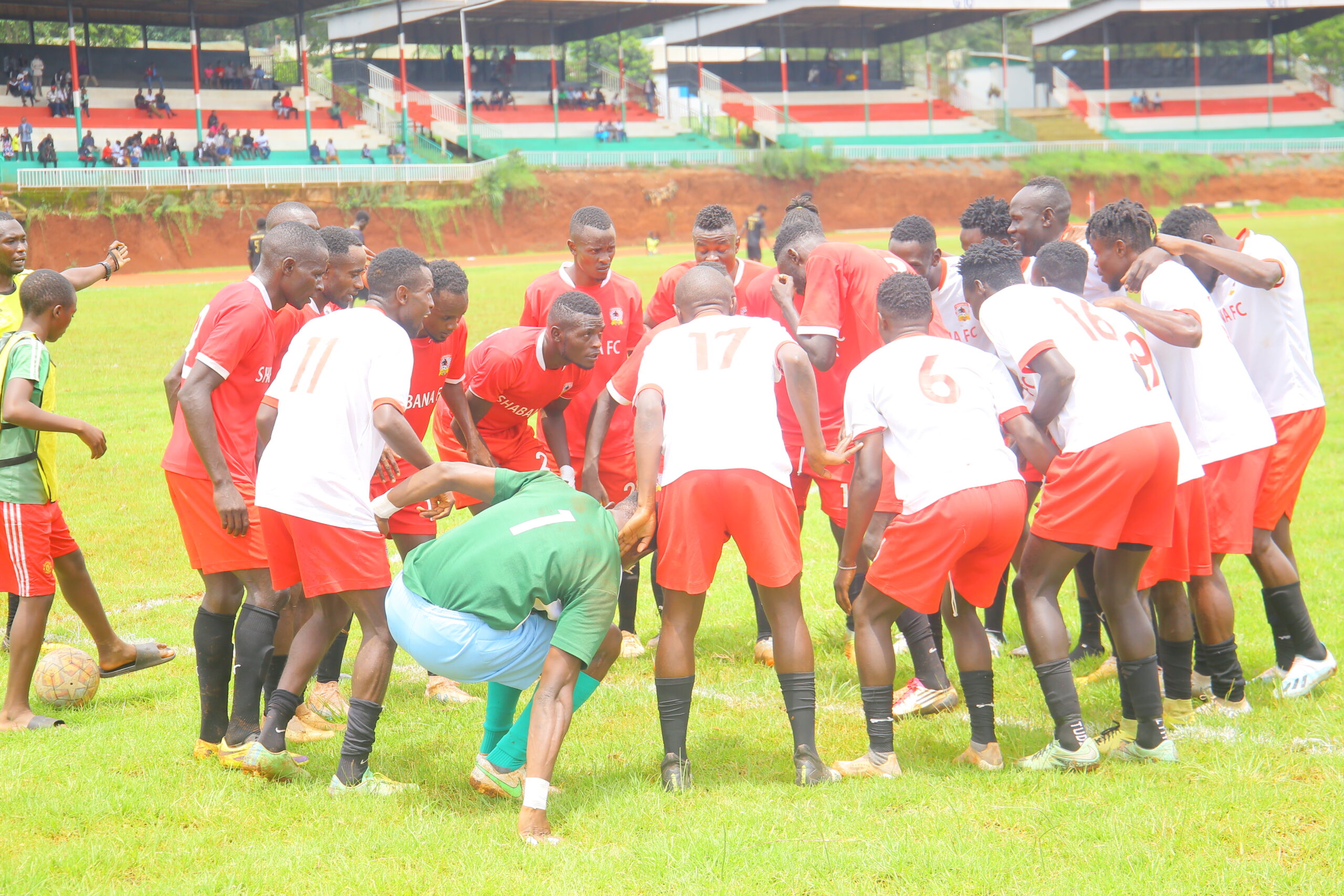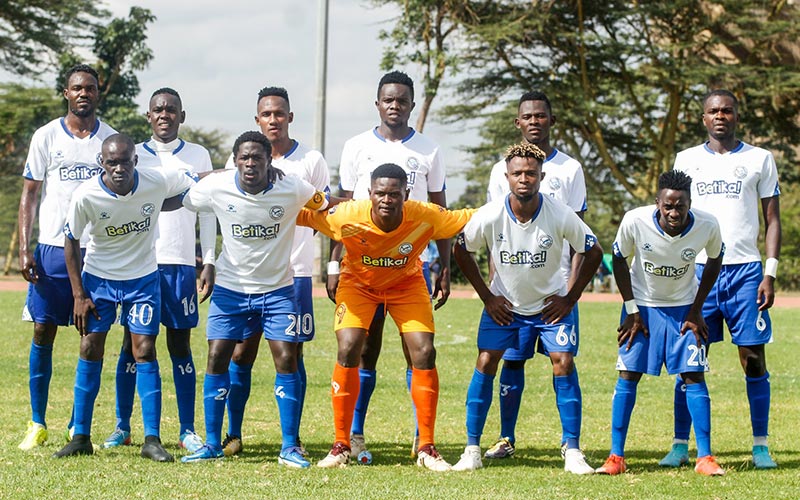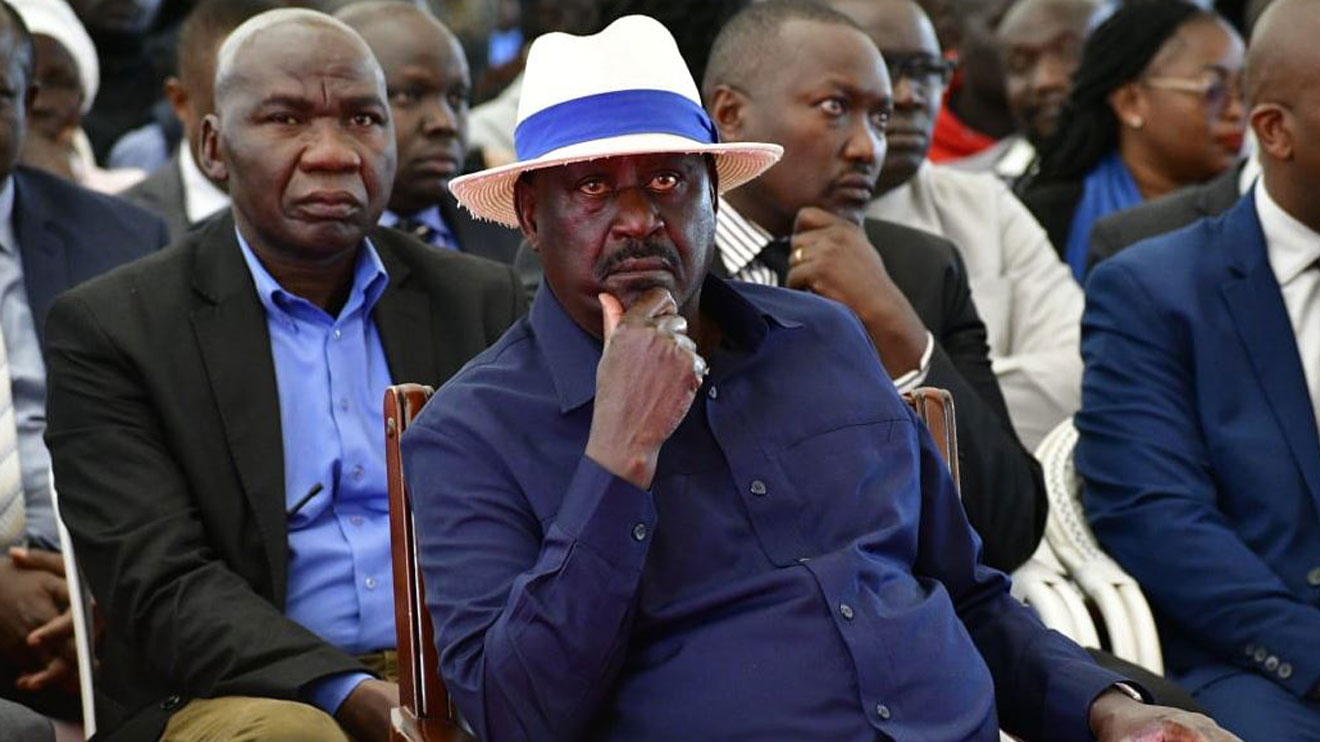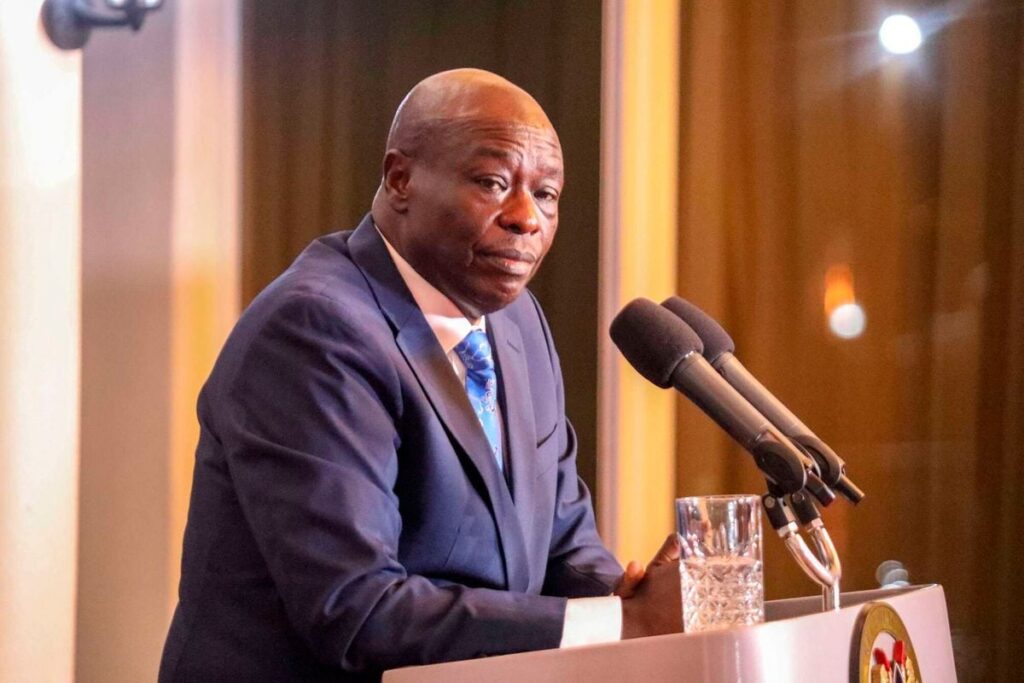

Deputy President Rigathi Gachagua has expressed his reservations to the move by the National Assembly, claiming this might compromise his ongoing trial by summoning senior officials of EACC.
Gachagua argues that the application violates Article 25 of the constitution, which guarantees a right to a fair hearing. He wonders why the EACC or DCI has not been brought in to investigate the criminal allegations against him.
“Why were these claims of money laundering against the Deputy President never referred to the EACC or DCI?” asks Senior Counsel Paul Muite, leading lawyers for Gachagua.
This debate follows an approval by Speaker Amason Kingi of a request by the National Assembly to summon EACC Chief Executive Officer Twalib Mbarak to shed light on the allegations against Gachagua.
The National Assembly takes advantage of Rule 10 of the Senate Rules of Procedure that allows a person on trial to request appearance of witnesses to provide evidence.
Speaker Kingi reassures Gachagua’s lawyers: “Your team will be allowed to re-examine witnesses and object to any testimony that diverts from the focus of the trial.”
But Muite retorted with: “We draw your attention to Article 50 of the constitution, emphasizing the right to a fair trial. The rules of this House must align with the constitution.”
Muite applies to the Speaker to rule on the application in the interest of fair hearing on Gachagua’s behalf, but Speaker Kingi rules that the summons be allowed.
Such a move has showcased sustained tensions in the trial of Gachagua and even developed vital questions on the relationship between criminal procedures and constitutional rights.















































